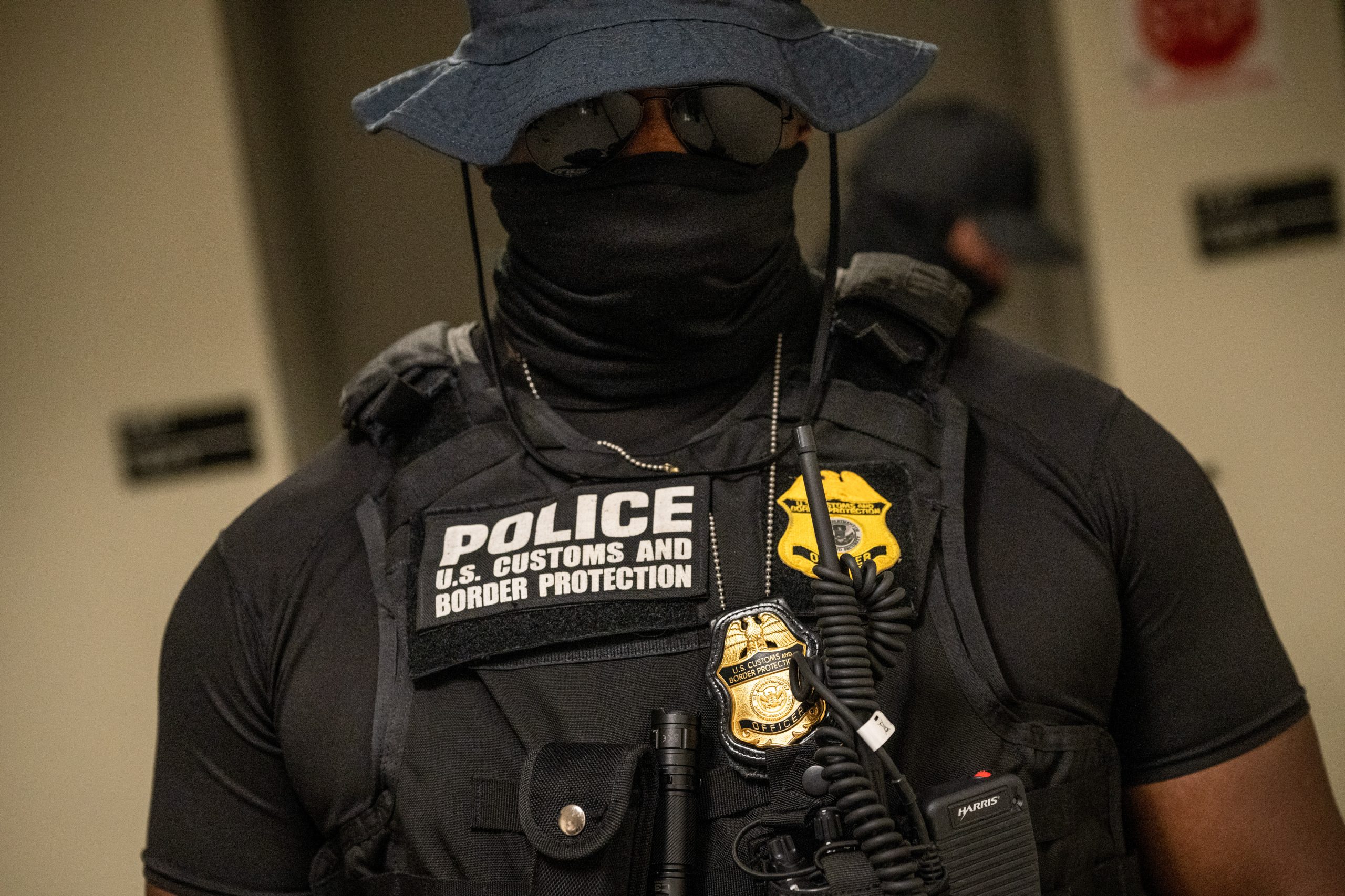The Supreme Court has sided with the Trump administration in a significant immigration case, effectively allowing federal law enforcement to resume controversial immigration raids based on factors like ethnicity and language. The 6-3 decision in
Noem v. Perdomo
, issued on the Court’s “shadow docket,” reversed a lower court injunction that had halted these practices in Los Angeles. This ruling carries substantial implications for immigrant communities and raises serious concerns about racial profiling.
The Ruling and its Fallout
The lower court injunction had prohibited federal agents, including ICE officers, from detaining individuals solely based on four factors: apparent race or ethnicity, speaking Spanish or accented English, place of employment, and type of work. The Supreme Court, without explanation in its majority opinion, overturned this injunction. This lack of transparency in a decision with such significant consequences has drawn sharp criticism from legal experts and civil rights advocates. Justice Brett Kavanaugh, in a concurring opinion, offered a partial justification, arguing these factors could contribute to establishing “reasonable suspicion” for a stop. However, critics argue this opens the door to widespread racial profiling, disproportionately impacting Latino communities.
Concerns of Racial Profiling and Due Process
The decision’s potential to exacerbate racial profiling is a major point of contention. The four factors identified by the lower court are all easily observable characteristics that are often associated with specific ethnic groups. The absence of a detailed explanation from the Supreme Court majority leaves room for broad interpretation and potentially unchecked discriminatory practices by law enforcement. The lack of clear guidelines increases the risk of arbitrary detentions and violates the fundamental principles of due process guaranteed under the Constitution. Legal scholars warn this ruling could embolden immigration enforcement agencies to target individuals based on biased assumptions rather than concrete evidence of wrongdoing.
The Shadow Docket Controversy
The Supreme Court’s decision to issue this ruling on its “shadow docket” – a process for handling emergency cases with minimal explanation – further fuels concerns about transparency and accountability. This practice allows the Court to make impactful rulings without the usual scrutiny of full briefing and oral arguments, raising questions about the fairness and thoroughness of the judicial process. Critics argue that such decisions lack the necessary deliberation and public justification that are crucial for upholding the legitimacy of the Supreme Court.
Conclusion
The Supreme Court’s decision in
Noem v. Perdomo
marks a significant setback for immigrant rights and raises serious questions about the potential for racial profiling in immigration enforcement. The lack of transparency surrounding the ruling and its potential impact on due process underscore the need for greater accountability and clarity in how the Supreme Court handles cases with such profound societal implications. The ruling’s long-term consequences will undoubtedly be felt by immigrant communities across the country and will likely fuel further legal challenges and political debate.
Based on materials: Vox





